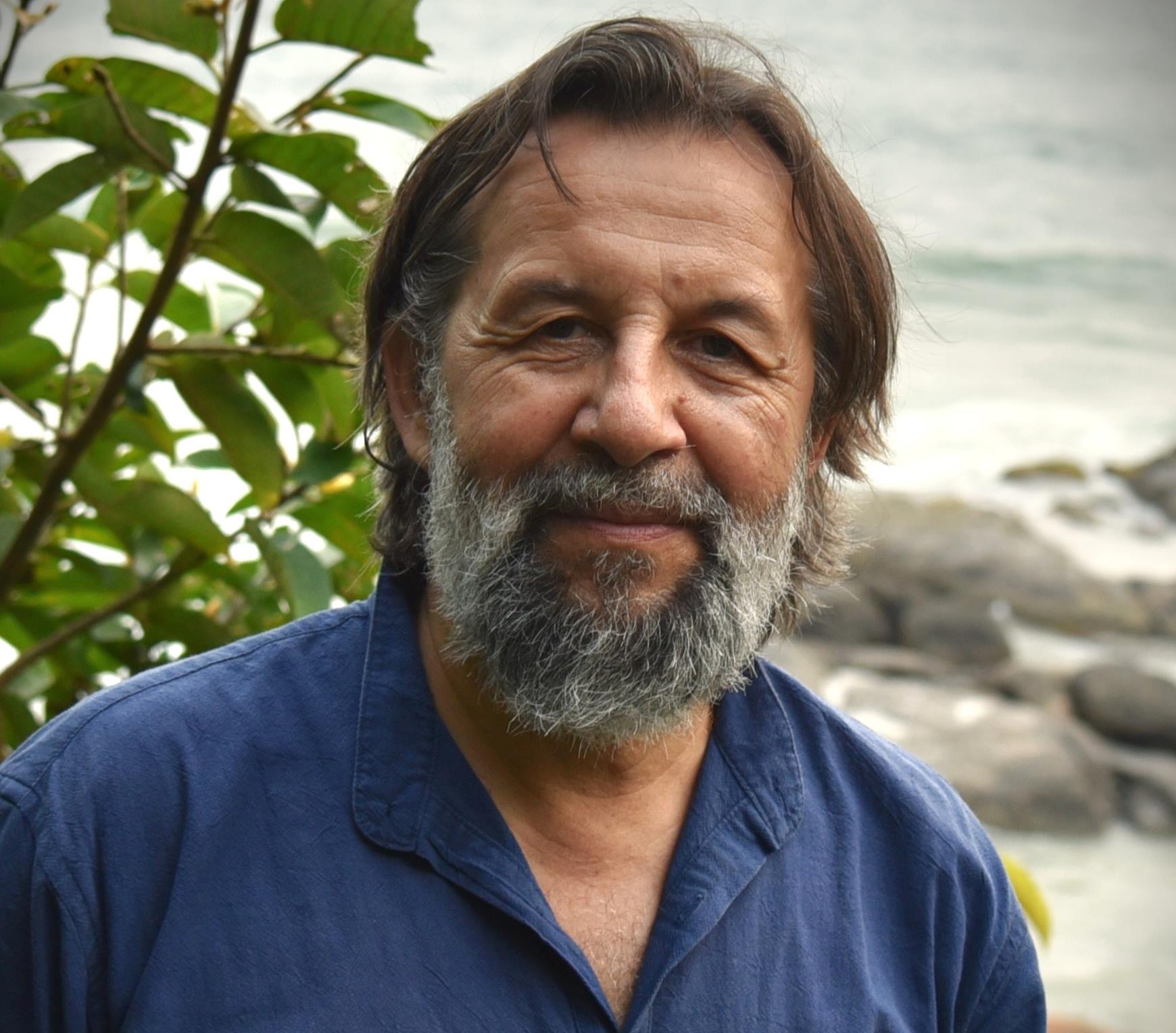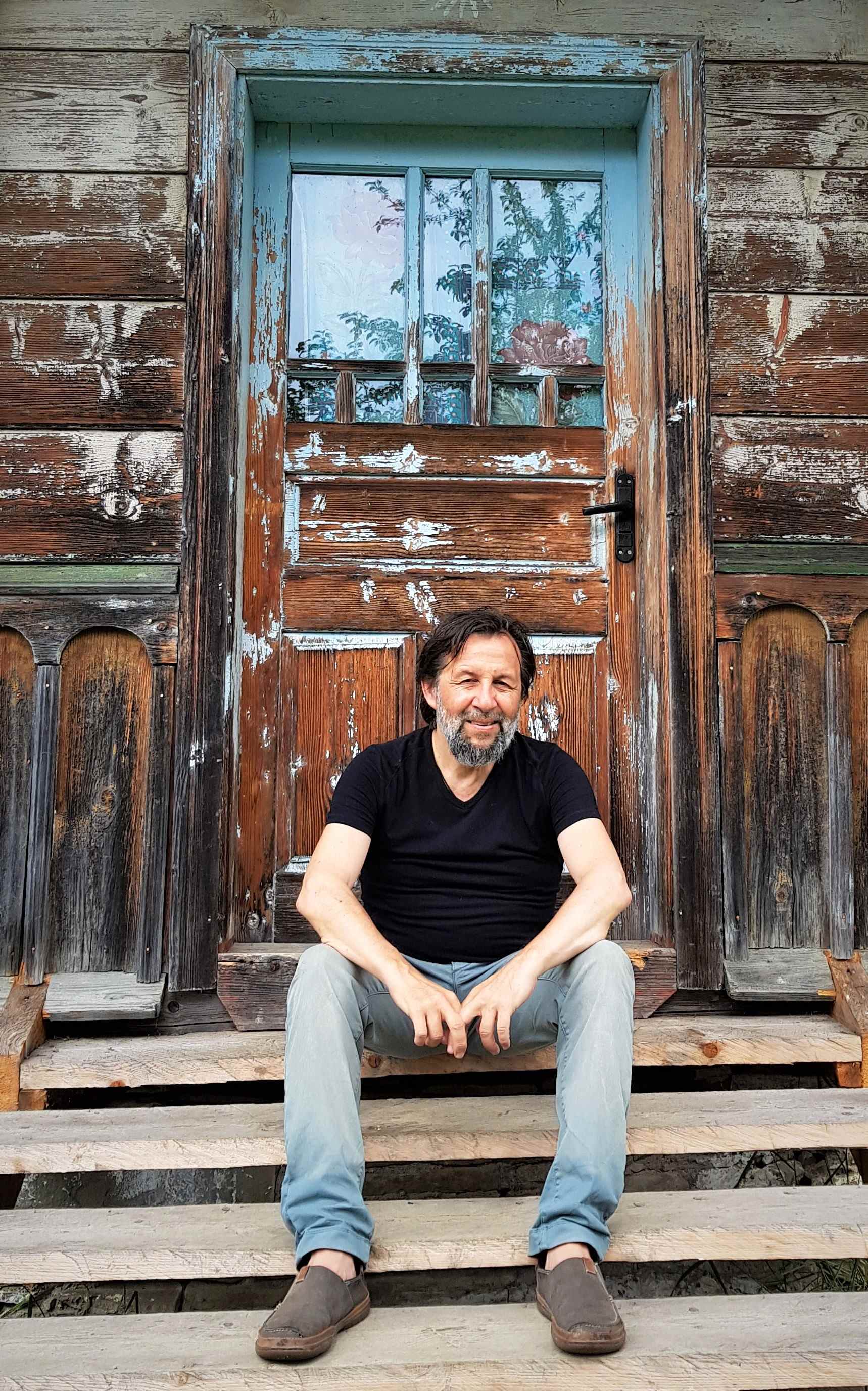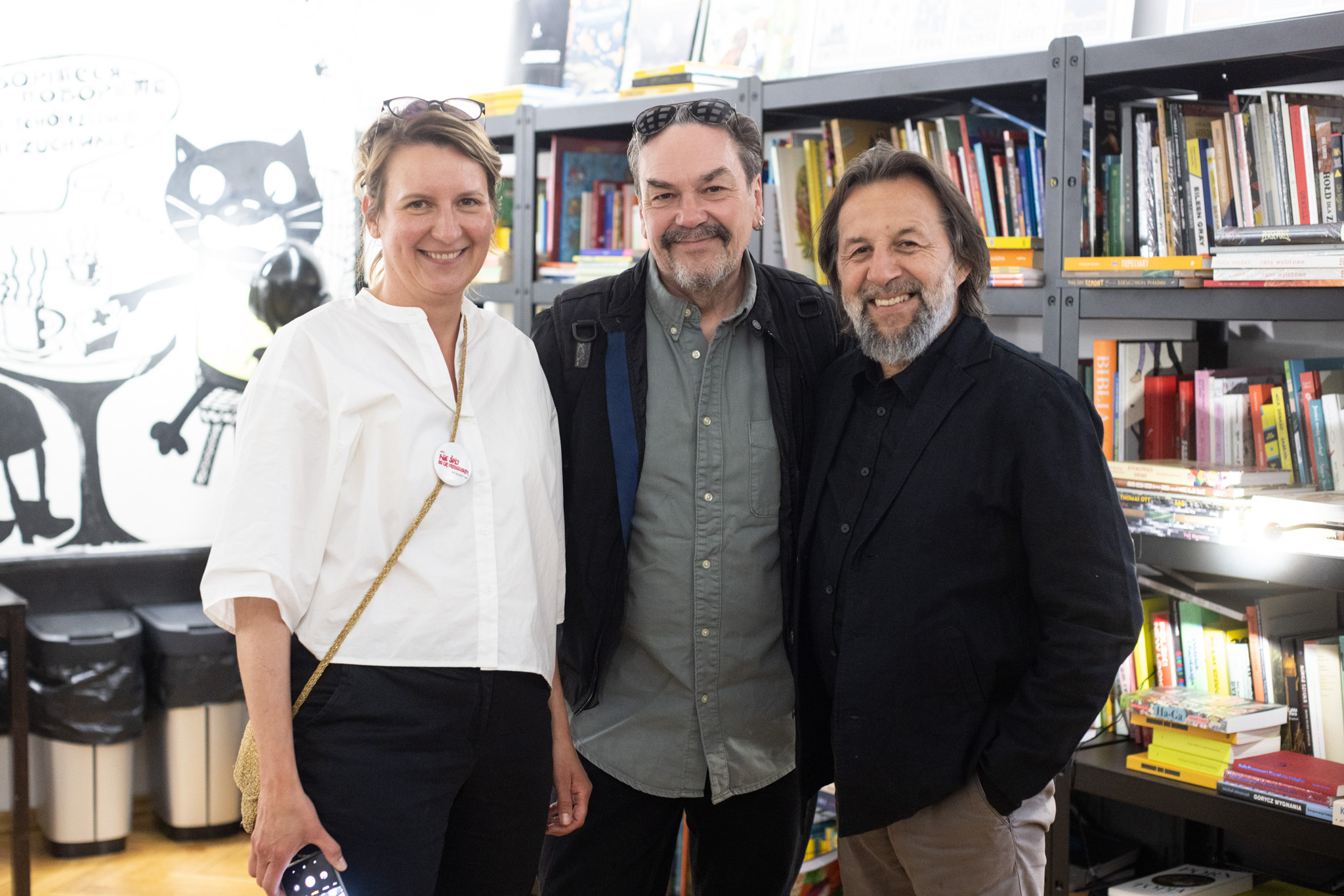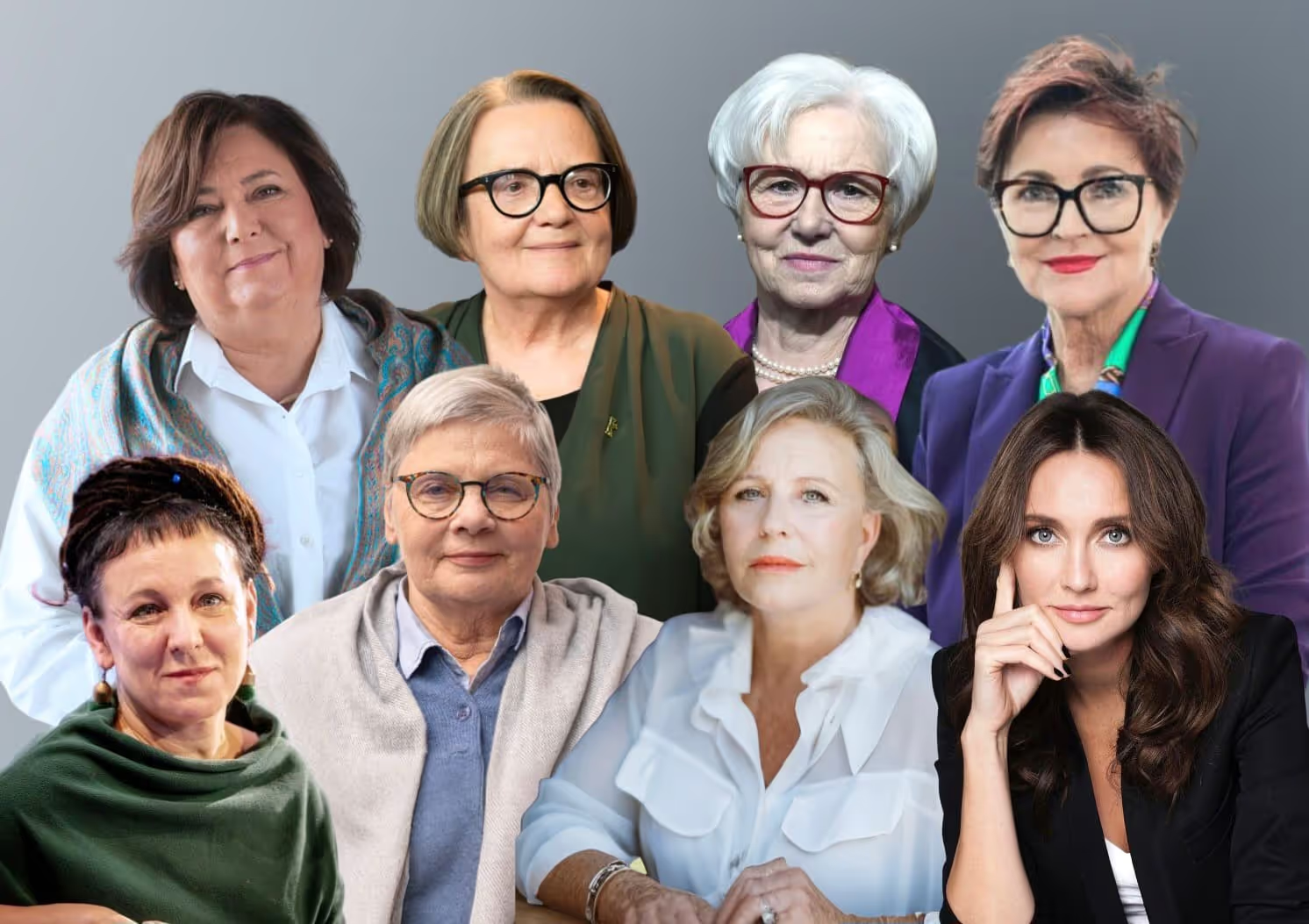Support Sestry
Even a small contribution to real journalism helps strengthen democracy. Join us, and together we will tell the world the inspiring stories of people fighting for freedom!
На інавгурації Дональда Трампа його донька Іванка Трамп з'явилася в образі, який нагадував стиль Серени Джой — героїні роману-антиутопії «Розповідь служниці», колишньої християнської проповідниці. До цього я не читала книгу й не дивилася фільм, який вже став культовим, але останні події підштовхнули це зробити — і паралелі між вигаданим світом Гілеада і реальністю, в яку поступово поринають Сполучені Штати Америки, вразили.
Зникнення жіночих імен із сайту NASA
З перших днів президентства Дональда Трампа почались обговорювання, що однією з найбільш кардинальних змін у внутрішній і зовнішній політиці стане відмова від програми DEIA (Diversity, Equity, Inclusion, and Accessibility — Різноманіття, Справедливість, Інклюзивність і Доступність).
DEIA мала на меті забезпечити справедливу участь в різних сферах життя всіх людей, особливо тих, хто раніше був недостатньо представленим або піддавався дискримінації через свою ідентичність чи інвалідність. Йшлося, зокрема, про забезпечення рівних прав жінок, покращення їхнього доступу до освіти, кар'єрних можливостей, участі в політичному житті та ухвалені суспільно-важливих рішень.
У січні, всього через два тижні після інавгурації Трампа, з'явився перший тривожний дзвіночок. Із сайту космічної агенції NASA зникли згадки про меншини й жінку-геолога — Венді Бохон. Згідно зі службової записки, яка потрапила до рук розслідувального видання 404 Media, змін мало бути набагато більше: зокрема, на сайті NASA планували видалити цілий розділ про жінок-лідерок у космічній галузі.
Журналісти The New York Times підтверджують, що ініціатива зі зменшення мовної видимості вразливих соціальних груп, а також жінок, дійсно існує. З офіційних і неофіційних інструкцій, які надходять до федеральних агентств і установ, вони склали список слів, які урядом Трампа наказано видалити з урядових документів, вебсайтів, грантових заявок, науково-дослідницьких проєктів і навіть шкільних програм.
У відкоригованих до нових вимог версіях більше немає місця, наприклад, таким словам як «жінки», «грудне вигодовування», «доступний», «дискримінація», «турбота, орієнтована на людей», «вразливі групи населення» тощо. Цей список містить 220 слів, і він не повний, відзначають у виданні. Все це слова, які роблять світ більш людяним і справедливим.

Американський талібан
The Washington Post повідомляє, що тільки-но одне з цих «дуже небезпечних слів» виявлено в тексті на урядових сайтах чи в науково-дослідницьких проєктах, співробітники, наприклад, Національного наукового фонду (NSF — агентство з бюджетом у 9 мільярдів доларів, яке фінансує наукові дослідження по всьому світу — Ред.) призначають перевірку аж до заборони проєкту і видалення його з інтернет-простору.
Реакції на американських форумах свідчать, що суспільство там розділилося на дві групи. Одна кричить: «Всі проблеми в США почалися з того, що жінкам дали право голосу». Інша пише про «американський талібан» і «патріархальний хрестовий похід на жінок та вразливі групи» і не може повірити, що це відбувається з Америкою насправді
8 березня, у міжнародний день боротьби за права жінок, Дональд Трамп заявив, що уряд більше не буде сприяти «радикальним ідеологіями, які замінюють жінок чоловіками в просторах і можливостях, призначених для жінок». З огляду на спроби стерти згадки про жінок зі світу науки й не тільки, ймовірно, йдеться про те, що місце жінки знову «на кухні, у церкві та поруч з дітьми».
Місцями доходить до повного абсурду.
Так, згідно з базою даних, отриманою Associated Press, серед десятків тисяч фотографій і публікацій в інтернеті, позначених для видалення Міністерством оборони США, є не лише інформація про перших жінок, які пройшли навчання у морській піхоті, а й назва легендарного бомбардувальника Енола Ґей (Enola Gay). З нього 6 серпня 1945 року пілотом Полом Тіббетсом була скинута ядерна бомба на японське місто Хіросіма. Літак був названий пілотом на честь його матері — Еноли Ґей Тіббетс. Однак тепер і жінки, і слово «gay» на урядових порталах у США під забороною.
Спочатку було слово [Євангелія від Іоанна (1:1)]
Нова адміністрація Трампа у наказі про припинення програм DEI, DEIA та «екологічної справедливості» назвала їх «аморальними, незаконними, марнотратними», які не служать меті «зробимо Америку знову великою».
У своєму культовому романі 1985 року «Розповідь служниці» Маргарет Етвуд показала, що тоталітаризм не починається з відвертих репресій, а просочується у суспільство через зміну мови, заборону на вживання певних слів, витіснення їх з офіційного вжитку та заміну страшних понять іншими — умовно нейтральними.
Мова в романі-антиутопії показується знаряддям жорстокого контролю: жінки втратили свої імена, ставши власністю чоловіків (наприклад, героїню Джун Осборн стали називати «Фредова» — «жінка, яка належить Фреду»). Слова, що символізували свободу та рівність, замінювалися дискримінаційними термінами, як-от «нежінки» (unwoman) і «жінки, які не народжують».
Вже тоді, 30 років тому, республіка Геліад не була виключно плодом фантазії авторки.
На кожне своє інтерв'ю Маргарет Етвуд приносила вирізки з газет, які надихнули її на написання книги, — щоб показати, що події, описані в її романі «Розповідь служниці», вже мали місце в американському суспільстві
Ці приклади з реальності підтверджували можливість змін, які сталися під час правління консервативного президента-республіканця Рональда Рейгана.
Перед тим, як забрати у жінок їхні тіла і громадянські права, у них забирали слова, що їх називають і захищають їхні інтереси. Чи не це зараз відбувається в США?

Не враховувати стать у медичних дослідженнях небезпечно
Один з найбільш негативних сценаріїв, кажуть експерти, це загроза здоров'ю американців, зокрема й жінок і дітей, яке новий уряд обіцяв посилено захищати.
Із сайтів Міністерства охорони здоров'я США вже зникли згадки про расу, стать, сексуальну орієнтацію, обмежені можливості в десятках наукових досліджень. Управління з контролю за якістю харчових продуктів і медикаментів США скасувало свої рекомендації щодо залучення різних учасників до дослідження, що ускладнює розпізнавання ефектів ліків, — як хороших, так і поганих, — на пацієнтів, які не є білими чоловіками.
Тривалий час усі медичні дослідження велися з розрахунком на типового пацієнта — 35-річного білого чоловіка вагою у 80 кілограмів, розповідає в циклі своїх лекцій професорка, директорка Інституту гендерної медицини Віденського медичного університету Олександра Кауцкі-Віллер.
Жінки зазвичай мають меншу вагу тіла, більший вміст жирової тканини, що може вплинути на терапевтичний ефект дії препарату, а також на його побічні ефекти. Існує цілий комплекс хвороб, де вкрай важливо враховувати стать: діабет, хвороби суглобів і кісток, ендокринні хвороби, психіатричні тощо.
Ребекка Філдінг-Міллер, науковиця з громадської охорони здоров’я UCSD, у коментарі KPBS каже, що список заборонених слів, які кружляють у наукових спільнотах, є оруеллівським і перешкоджатиме важливим дослідженням:
«Якщо я не можу сказати слово “жінки”, я не можу сказати, що заборона абортів зашкодить жінкам. І взагалі не можу говорити про аборти»
«Якщо я не можу сказати про расу та етнічну приналежність, я не можу сказати, що в афроамериканських громадах вакцинації менше».
Нещодавно Центр з контролю та профілактики захворювань (CDC) опублікував дані про материнську смертність. Виявилося, що темношкірі жінки втричі частіше, ніж білі, помирають під час пологів — дані показують, що цей показник не знижується з часом, тоді як смертність білих, латиноамериканських і азійських жінок дещо знизилася. Однак, враховуючи нові обмеження, чи будуть далі збиратися, вивчатися й публікуватися дані, які могли б практично застосовуватися для зменшення материнської смертності, — невідомо.
Доктор Наташа Мартін, професорка інфекційних хвороб і глобальної громадської охорони здоров'я в Каліфорнійському університеті в Сан-Дієго, каже, що заборона слів позбавляє вчених можливості точно описувати світ: «Терміни в цих списках є основними науковими термінами, і вони мають вирішальне значення як для клінічної допомоги, так і для охорони здоров’я. Це не політичне питання», — підкреслює Мартін.
Вчені визнають, що узалежнення фінансування від того, чи будуть вони грати за новими правилами та ігнорувати проблеми жіноцтва, рівності й інклюзії, може призвести до того, що фокус з цих тем буде втрачено. Це призведе як мінімум до посилення соціальної нерівності.
Про що тепер мовчатимуть у США
Другий виконавчий наказ щодо заборони політики DEIA хоча й називається «Припинення незаконної дискримінації та відновлення можливостей на основі заслуг», насправді скасував численні виконавчі антидискримінаційні рішення минулих адміністрацій, зокрема, ті, що діяли десятиліттями.
Одне з них, видане колишнім президентом Ліндоном Б. Джонсоном ще у 1965 році, вимагало від державних підрядників застосовувати недискримінаційні практики при наймі й працевлаштуванні. Не можна відмовляти людині у працевлаштуванні за наявності відповідної професійної кваліфікації тому, що це жінка, людина іншого кольору шкіри, віросповідання, не можна платити за однакову роботу різні оклади представникам різної статі. Не можна було.
Інколи наказ трактувався як надання переваги жінкам чи людям з інших дискримінованих груп, хоча насправді попри давність цих законів та підходів у жодній країні світу до цього часу не досягнуто реальної рівності бодай з оплатою праці. Відповідно до звіту Pew Research Center, у 2024 році жінки заробляли до 85% від окладів чоловіків на такій самій посаді
Разом з тим є країни, які максимально наблизились до цієї рівності — зокрема, завдяки політиці DEIA. Щороку журнал The Economist публікує індекс «скляної стелі»: країни, де жінкам живеться найкраще в професійному плані. У першій десятці традиційно — Швеція, Ісландія, Фінляндія, Норвегія, Франція, Нова Зеландія, Португалія, Іспанія, Данія, Австралія.
Щоб жінці почуватися реалізованою, їй необхідно жити в країні, де є, наприклад, рівний доступ до університетської освіти, щедра відпустка з догляду за дитиною, доступний догляд за дитиною, рівний розподіл обов'язків між батьками. Дослідники відзначають, що за цими показниками Америка працює особливо погано. Це єдина багата країна, яка не надає жодної загальнообов’язкової відпустки по догляду за дитиною, а витрати на догляд за дитиною перевищують 30% середньої зарплати. Вивчення та оприлюднення цих даних тепер у США теж може бути під забороною. Набагато зручніше виключити жінку з активного сусіпльного життя, посадити її вдома з дітьми та узалежнити фінансово й соціально від чоловіка.
Такий патріархальний відкат США не залишився непоміченим у світі. Генсекретарка Amnesty правозахисної групи Агнес Калламар засудила дії команди Дональда Трампа, назвавши їх «агресивним патріархальним хрестовим походом» проти прав і тілесної автономії жінок і людей різної статі.
Це матиме руйнівний вплив на весь світ: «Припиняючи внутрішні зусилля по боротьбі з ґендерною, расовою та іншими формами дискримінації, стираючи визнання трансгендерної ідентичності та припиняючи міжнародне фінансування консультування або направлення щодо абортів, адміністрація США ганебно стирає роки важкої боротьби», — вважає лідерка Amnesty International.
За словами Белен Санс, регіональної директорки UN Women (ООН-Жінки) в Європі та Центральній Азії, сьогодні спостерігається «тривожний відкат» у питаннях захисту прав жінок.
Якщо керуватися новими рішеннями адміністрації США, нашого видання Sestry, де ви зараз читаєте цей текст, не має існувати. Бо його готують переважно жінки й частково біженки, мігрантки, які пишуть про коло проблем і викликів, спричинених їхнім статусом. Немає слів, які нас називають, — значить, немає і нас. Ця ситуація вкотре доводить, що жодне з прав, які ми, жінки, маємо сьогодні — не є даністю, але результатом боротьби. І, ймовірно, перед нами черговий серйозний бій.

Editor and journalist, author of articles on local governments, ecology and human stories, as well as an advocate for solutions journalism, explanatory journalism, and social campaigns in the media. In 2006, she founded the municipal newspaper «Visti Bilyayivky». The publication successfully underwent privatisation in 2017, transforming into an information agency with two websites - Біляївка.City and Open.Дністер - along with numerous offline projects and social campaigns. The Біляївка.City website covers a community of 20 thousand residents but attracts millions of views and approximately 200 thousand monthly readers. She has worked on projects with UNICEF, NSJU, Internews Ukraine, Internews.Network, Volyn Press Club, Ukrainian Crisis Media Center, Media Development Foundation and Deutsche Welle Akademie. She has also been a media management trainer for Lviv Media Forum projects. Since the beginning of the full-scale war, she has been living and working in Katowice for Gazeta Wyborcza.























